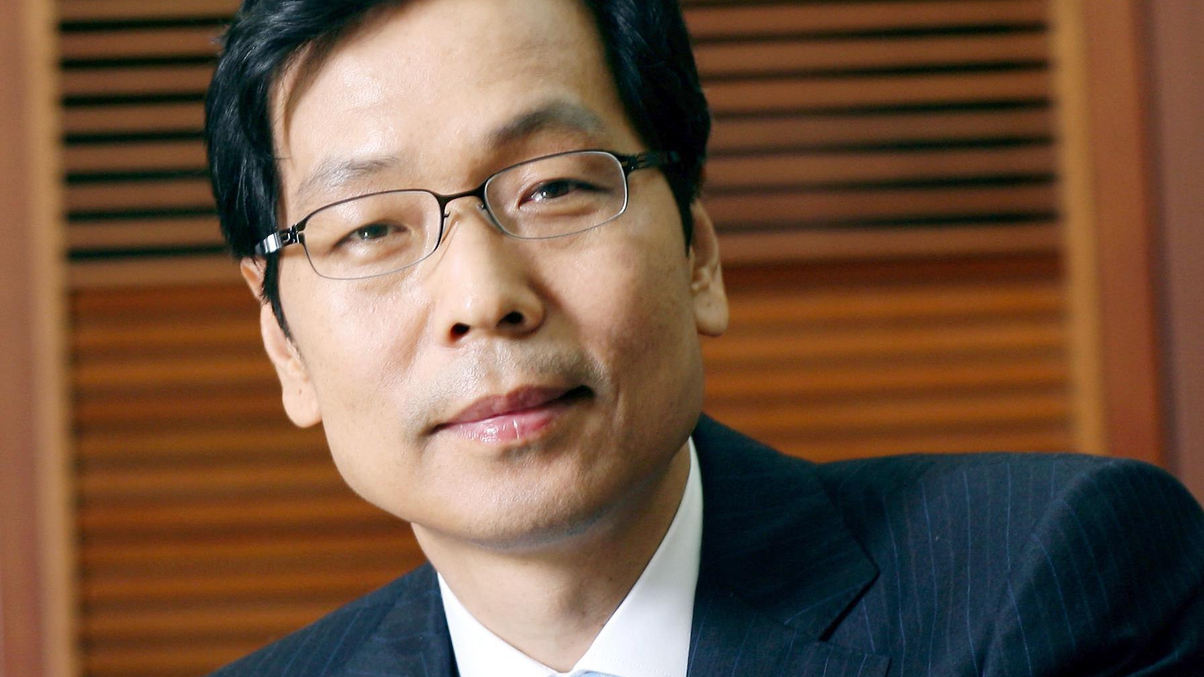Tax rules may hinder ETF growth in Korea, says Samsung AM
The imminent tax on exchange-traded funds in Korea is likely to hit returns and thus harm the development of the market, argues Bae Jae-Kyu of Samsung Asset Management.

Having recently launched the first inverse and leveraged exchange-traded funds in Korea, Samsung Asset Management worries that tax treatment will hinder ETF market growth in the country.
Sign in to read on!
Registered users get 2 free articles in 30 days.
Subscribers have full unlimited access to AsianInvestor
Not signed up? New users get 2 free articles per month, plus a 7-day unlimited free trial.
¬ Haymarket Media Limited. All rights reserved.


